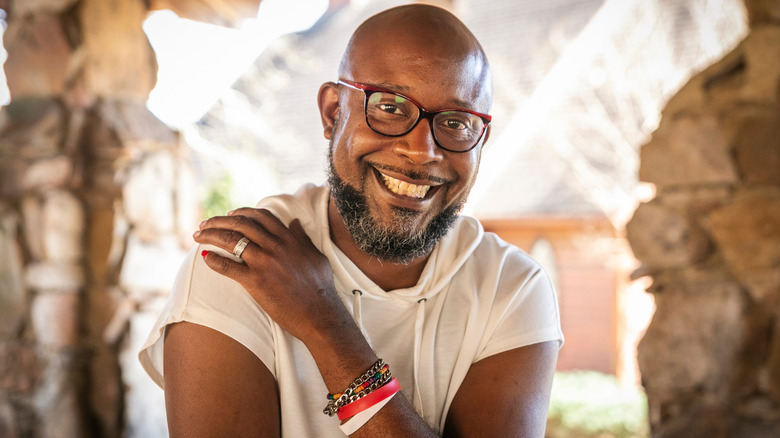Why Evidence From Stem Cell Transplant Looks Promising For Curing HIV
The human immunodeficiency virus (HIV) attacks cells that protect the body from infection. If HIV is untreated, the virus can develop into acquired immunodeficiency syndrome, or AIDS. People with HIV often get antiretroviral treatment to reduce the amount of virus in the blood. If the viral load is low enough, someone with HIV can live a healthy life without infecting a partner. People live with HIV their entire lives because no cure for HIV exists.
A recent study in Nature Medicine might offer hope for a future cure for HIV. The case study describes a 53-year-old man who had been HIV positive since 2008. He was later diagnosed with leukemia in 2011 and received a stem cell transplant with the CCR5 genetic mutation.
Not only did this transplant treat his leukemia, but it also improved his immune system enough to put him in remission for HIV. Lead author Dr. Björn Jensen told U.S. News and World Report that the man hasn't needed HIV treatments for four years and that there is no sign of HIV in his system. This is the third recorded case of HIV remission due to stem cell transplants.
Stem cell transplants are only used if a patient has a life-threatening condition because they can have complications that could put a patient's life at risk. Although experts tell U.S. News and World Report that they are reluctant to call this a cure for HIV, they hope that this will help point to procedures that involve less risk to patients.
Not a cure for HIV, but points to new research
According to Mayo Clinic, a stem cell transplant, also known as a bone marrow transplant, replaces unhealthy cells with healthy ones to help the immune system fight off disease.
Another man who is in HIV remission had received a bone marrow transplant from a donor who had the CCR5 genetic mutation, according to the California Institute for Regenerative Medicine. This genetic mutation has the ability to resist HIV. Not many people have this CCR5 mutation, so scientists are working on ways to replicate it in the lab.
Because stem cell transplants can have life-threatening complications, experts are not suggesting that they should become a regular treatment for HIV. Instead, Jensen told U.S. News and World Report, "We are hopeful that the findings from this and the other few cases of HIV cure will support future research to develop less risky and more widely applicable strategies for curing HIV."


